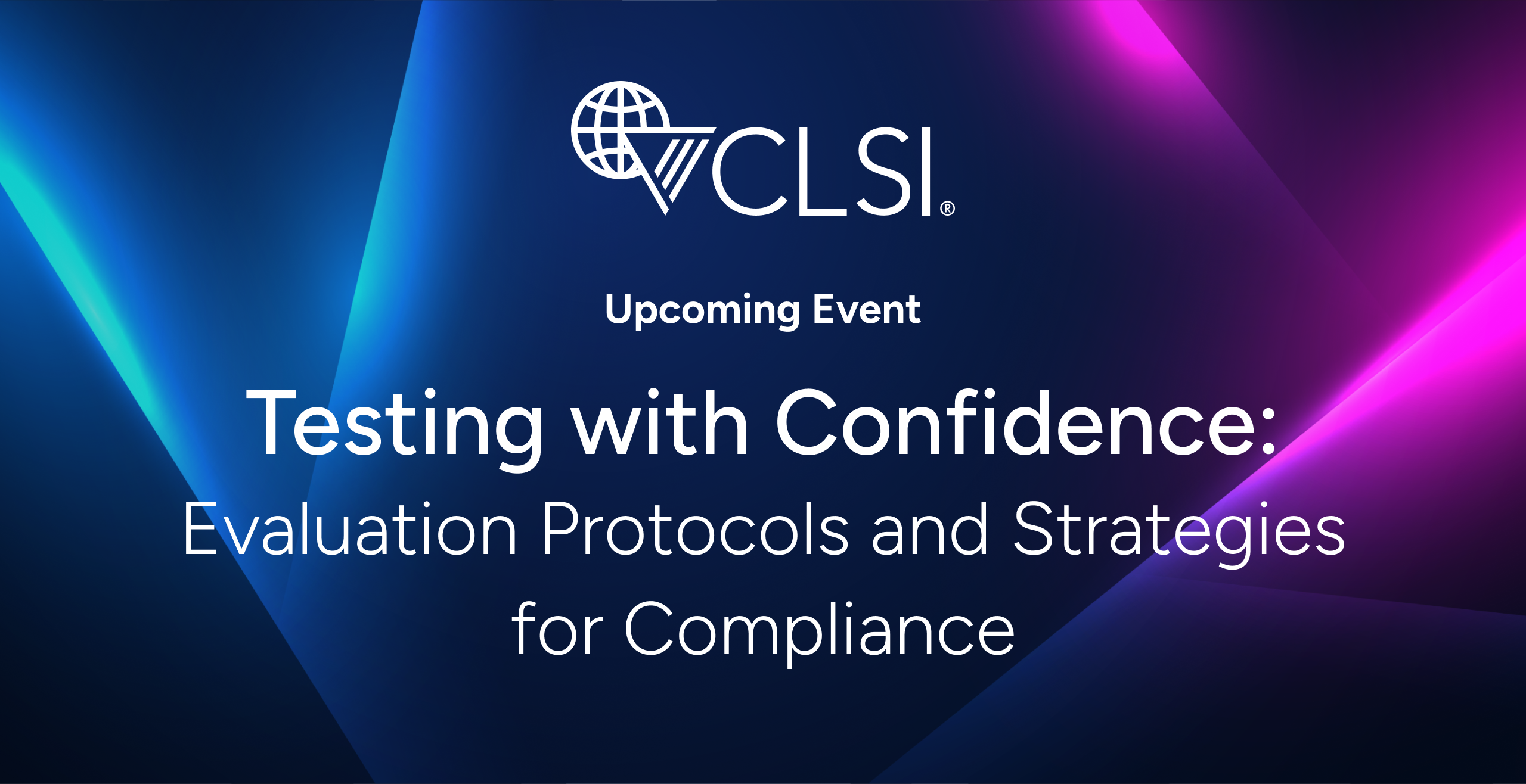Join CLSI's virtual training event on regulatory review!
Coming April 29!
Don't miss this unique opportunity to get prepared and stay ahead of regulatory changes. This event will address FDA oversight and regulatory requirements for LDTs as well as manufacturers.

Stay Ready – Equip your team with the tools to navigate evolving regulations.
Learn from Experts – Get insider tips on evaluation and compliance.
Ensure Success – Master strategies to ace regulatory reviews.
Build Skills – Apply real-world case studies to strengthen expertise.






